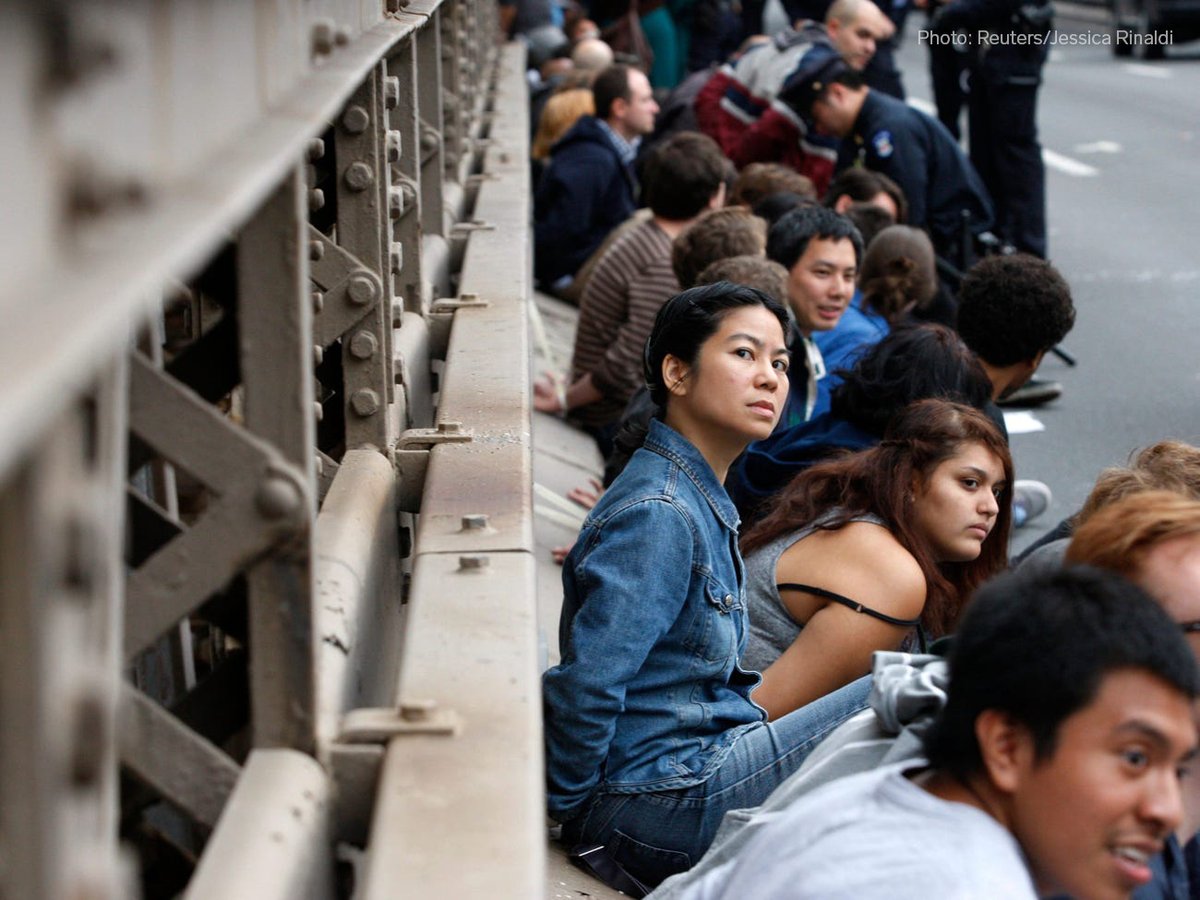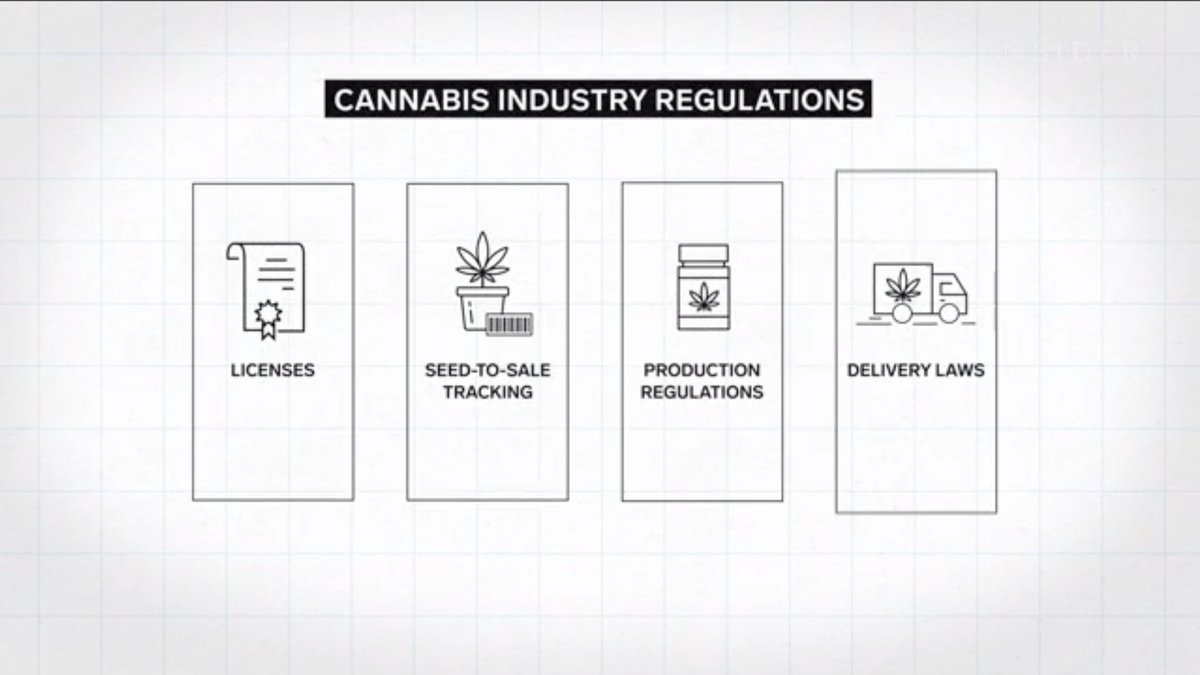
10 years ago, Occupy Wall Street decried income inequality following the global financial crisis that rocked homeowners across the US.
Today, Wall Street still holds sway in Washington and corporations are paying pennies in taxes.
Today, Wall Street still holds sway in Washington and corporations are paying pennies in taxes.
On the 10th anniversary of Occupy Wall Street, Insider spoke with a host of Occupy participants and observers of the movement: the original organizers, city officials, Wall Street traders, and lawyers on both sides of the battle.
businessinsider.com/occupy-wall-st…
businessinsider.com/occupy-wall-st…
Most of those we spoke with acknowledged that Occupy sparked a global conversation about wealth inequality that continues to this day. But, the wealth gap has widened, raising questions about the movement’s success.
businessinsider.com/top-1-american…
businessinsider.com/top-1-american…
According to Kalle Lasn, one of the original organizers of Occupy Wall Street “young people weren't very happy. They graduated from university, and the future didn't look that bright.”
businessinsider.com/occupy-wall-st…
businessinsider.com/occupy-wall-st…

On Sept. 17, 2011, Occupy Wall Street began. Protestors set up tents at Zuccotti Park, New York and grew a community over several days. As tents popped up, so did a library, a kitchen, a newspaper, and working groups to tackle specific tasks.
businessinsider.com/occupy-wall-st…
businessinsider.com/occupy-wall-st…
With PA systems forbidden, the occupiers developed a call-and-response system called the people's microphone.
The protesters also used a system of hand signals as part of the consensus-driven decision-making process.
businessinsider.com/occupy-wall-st…
The protesters also used a system of hand signals as part of the consensus-driven decision-making process.
businessinsider.com/occupy-wall-st…
Occupy’s decision-making process wasn’t efficient, and marked one of the factors leading to the movement’s fall. In addition, the protestors claimed they represented the “99%.” But they were mostly white, college-educated groups.
businessinsider.com/occupy-wall-st…
businessinsider.com/occupy-wall-st…
Ten days after the occupation began, police arrested 80 protesters who were marching to Union Square, saying they were blocking traffic and lacked a permit.
On October 1, hundreds of protesters were arrested on a march across the Brooklyn Bridge.
businessinsider.com/occupy-wall-st…
On October 1, hundreds of protesters were arrested on a march across the Brooklyn Bridge.
businessinsider.com/occupy-wall-st…

Clashes between law enforcement and protestors would then occur often. Even though movements sparked in Los Angeles and D.C., it was this violence kept the movement in the news, rather than its own purpose.
This marked the beginning of Occupy’s fall.
businessinsider.com/occupy-wall-st…
This marked the beginning of Occupy’s fall.
businessinsider.com/occupy-wall-st…
Police evicted Zuccotti Park on November 15, at 1:00 a.m. Over 200 were arrested as officers handed out eviction notices. The occupation was effectively over.
businessinsider.com/occupy-wall-st…
businessinsider.com/occupy-wall-st…
Income inequality today is higher than ever. Former Labor Secretary Robert Reich said the movement failed because of lack of strategy.
businessinsider.com/occupy-wall-st…
businessinsider.com/occupy-wall-st…

Most of those we spoke with said that Occupy sparked a global conversation about wealth inequality that continues to this day and helped fuel the political rise of democratic socialists like Bernie Sanders.
businessinsider.com/occupy-wall-st…
businessinsider.com/occupy-wall-st…
Will we see another Occupy Wall Street movement?
• • •
Missing some Tweet in this thread? You can try to
force a refresh











